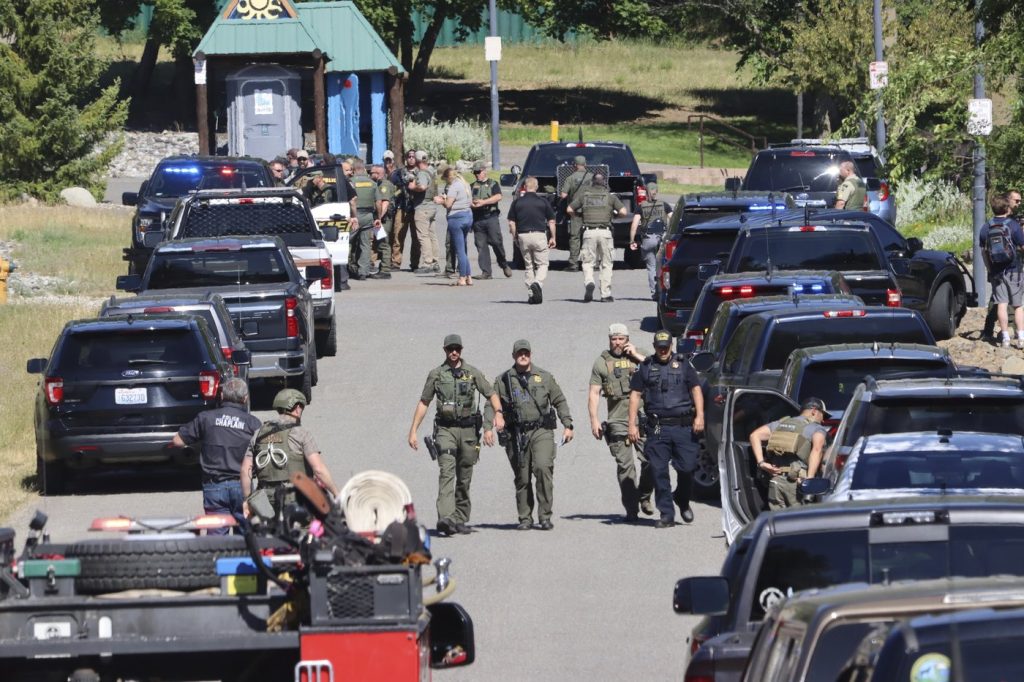In a recent classified briefing for U.S. lawmakers, CIA Director John Ratcliffe asserted that American military strikes successfully destroyed Iran's sole metal conversion facility, significantly impairing Tehran's nuclear ambitions for the foreseeable future. This development has raised questions about the efficacy of these military actions and their long-term impact on Iran's nuclear program.
Ratcliffe delivered detailed insights into the outcomes of the airstrikes during a confidential session. An anonymous official revealed that the strikes on Iran's key facilities, including Isfahan and Fordo, caused extensive damage, particularly to technical capabilities associated with uranium treatment, conversion, and enrichment. While some uranium remains intact under the rubble, the destruction of the metal conversion facility at Isfahan is perceived as a critical blow to Iran's capacity to produce nuclear weapons.
President Donald Trump emphasized the severity of the strikes, declaring that they obliterated Iran's nuclear program. In an interview, he claimed this would temporarily halt Iran's nuclear aspirations. In line with Trump's assertions, Secretary of State Marco Rubio also voiced his confidence in the destruction of the conversion facility, claiming it was completely wiped out, rendering Iran’s path to nuclear weapons significantly more difficult.
However, the International Atomic Energy Agency (IAEA) Chief Rafael Grossi cautioned that while substantial damage had been inflicted on Iran's nuclear sites, some existing capabilities still allow Iran to potentially resume its nuclear activities if they choose to do so. Grossi highlighted that a definitive assessment of the damage hinges on Iran's cooperation with international inspectors, underscoring the ongoing need for vigilance and diplomatic engagement regarding Iran's nuclear activities.
The U.S. Defense Intelligence Agency also reported that the strikes inflicted notable disruption on the Fordo, Natanz, and Isfahan facilities but did not completely annihilate them. U.S. and Israeli assessments suggest that Iran's ability to enrich uranium to weapon-grade levels has been significantly curtailed, although not entirely eliminated. The Israeli military has indicated that the extent of the damage may set back Iran's nuclear program by several years.
Ratcliffe's recent briefing spotlighted the collapse of Iran's air defense systems during the military offensive, suggesting that any future attempts by Iran to reconstruct its nuclear capabilities could be easily thwarted by continued Israeli military actions. This interlinked assessment aligns with Israeli statements claiming a marked reduction in Iran's capacity to enrich uranium safely.
Despite the setbacks, experts point to Iran's retention of nuclear knowledge and technical expertise, insisting that a fully diplomatic approach to curtailing Iran's nuclear ambitions remains essential. Rafael Grossi emphasized the irreplaceability of scientific knowledge in nuclear technology, reinforcing the argument for diplomacy over military action as a more sustainable solution in the long run.
As the situation evolves, both U.S. and international officials continue to track the developments surrounding Iran's nuclear program, weighing the balances of military action against the imperatives of diplomatic resolution. The comprehensive nature of this conflict suggests that while some immediate threats may appear to be neutralized, the complexities of nuclear proliferation remain a pivotal concern for global security.












